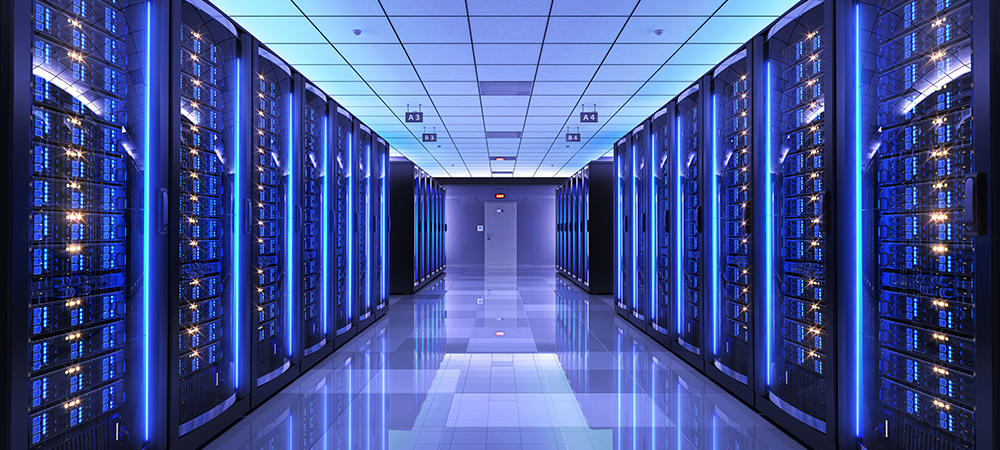Omdia releases research results revealing the data center market has a heightened awareness of practical applications for AI that promise to improve productivity and lower costs – and that’s not ‘flash in the pan.’
The recent explosion of high-profile AI successes and investment announcements has captured the attention and imagination of the business world.
In light of the latest AI media focus, new research from Omdia reveals that the data center market has a heightened awareness of practical applications for AI that promise to improve productivity and lower costs.
The collective evidence so far says this will not just be another flash in the pan.
Colocation businesses, including both multi-tenant and single tenant data center providers, are expected to be riding this wave of new AI growth.
Some of these companies have adapted their data center designs to enable higher rack power density.
The power consumption of servers configured for AI training is akin to high-performance computing (HPC) clusters for scientific research.
“The colocation providers able to provide the highest rack densities and access to liquid cooling will now have the upper hand in the market for data center space,” said Alan Howard, Principal Analyst at Omdia.
Research from Omdia projects continued strong growth in the colocation market with it being likely that proliferation of AI hardware will be an added tailwind to growth.
The stats show the colocation industry is quite healthy and is expected to reach $65.2 billion in 2027, with a 5-year growth CAGR of 9.4%, according to Omdia’s Colocation Services Tracker – 2023.
Depending on how the acceleration in AI hardware deployments materializes, colocation data center revenue could see a significant boost over the next few years.
The top three colocation service providers in the world are Equinix, Digital Realty and NTT Global Data centers (NTT GDC).
Between them they operate over 700 data centers and have over 100 construction projects underway as covered in Omdia’s Data center Building Tracker – 1H23.
These three companies represent 33% of the total 2022 revenue of $41.6 billion, according to Omdia’s Colocation Services Tracker – 2023.
Not all data centers can handle AI or HPC equipment, but these companies and numerous other noteworthy colocation service providers have been anticipating this emerging growth trend.
Data centers built over the last couple of years, and many of those under construction, have been designed and architected to accommodate these high-power density equipment racks.
These data center design and architecture properties include high-density power distribution management and precision cooling for thermal management to protect servers.
In some cases, colocation customers require direct to chip liquid cooling which requires special data center plumbing designs to provide customers access to a liquid cooling loop or the option to install immersion cooling tanks where the hottest servers are sunken into a bath of non-conductive fluids.
Howard said: “Achieving these advanced data center operating characteristics are not for the faint of heart, or those companies with an aversion to high capital expenditures (CAPEX). Colocation companies like Equinix, Digital Realty, NTT GDC, Flexential, DataBank, Compass, Aligned, Iron Mountain and a host of others are in the business of taking that capital risk to build data centers so that enterprises and cloud service providers don’t have to.”
Click below to share this article

